Nestled near the St. Joseph River off the southeastern shores of Lake Michigan, Benton Harbor isn’t the first town that comes to mind for music recording—it’s better known for Whirlpool appliances, the House of David religious commune, and golf. Yet the small Michigan community is home to Key Club Recording Company, one of the best and most beautiful studios in the Midwest, founded by producer/engineer duo Bill Skibbe and Jessica Ruffins.
In the 1880s, Key Club’s building was a boarding house for sailors. It changed hands and became a lumberyard in the 1920s, and in the ’60s, the building was repurposed yet again and began its life as a rock and folk venue called the Unicorn Key Club.
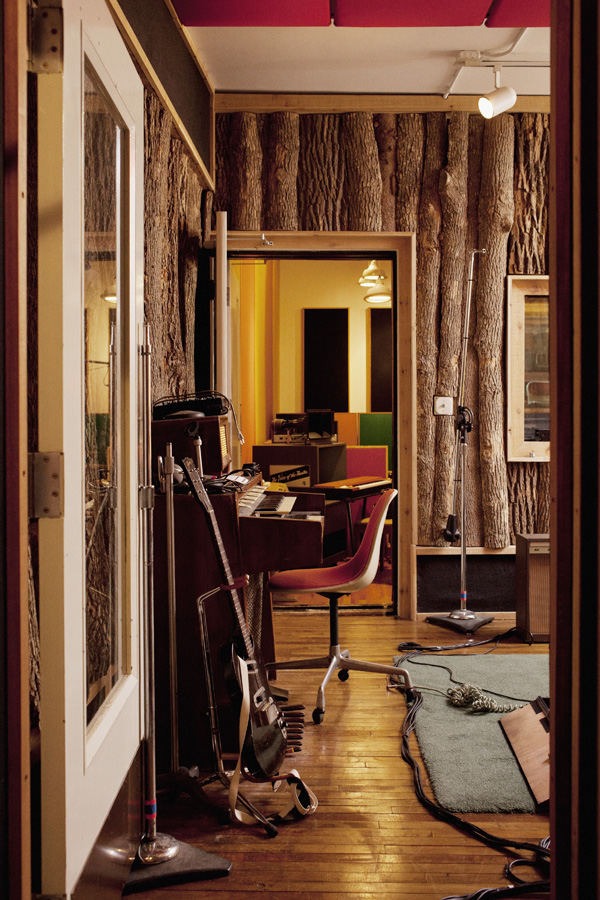
“You had to buy a key [to attend] because there were zoning laws about cover charges,” says Skibbe, the founder of Skibbe Electronics and a former employee of Steve Albini’s Electrical Audio. “So they just made it a private club. Question Mark and the Mysterians played here. Tommy James [and the Shondells], The Association, Neil Young—the place had some real history of being a venue and being a place to play.”
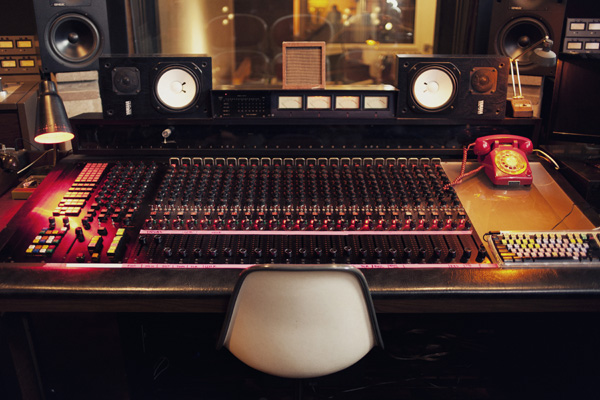
Now Key Club is decked with custom and vintage gear lining the walls of the control room, with tree-bark paneling and even more equipment in the recording rooms (which have housed the likes of The Kills, Franz Ferdinand, Adult, The Fiery Furnaces, The Sea and Cake, Nomo, Pit Er Pat, Six Organs of Admittance, Tristeza, and Chicago Underground Trio). The studio’s Flickinger console, however, could be considered its foundation. Not only is it the first piece of equipment that Key Club acquired, but it’s also a piece of rock history, once owned and operated by Sly Stone. Skibbe recalls finding the dusty relic at Paragon Studios in Chicago before Key Club existed.
“Question Mark and the Mysterians played here. Tommy James [and the Shondells], The Association, Neil Young—the place had some real history of being a venue and being a place to play.”
“I was leaning on this thing—it was under a shipping blanket, and I looked under the blanket and was shocked,” he says. “I knew the brand, but I didn’t know it was Sly’s. I casually asked how much for ‘this old mixing console.’ He said he would sell it for seven grand, but I didn’t have it. I had two thousand bucks, and I gave it to him to hold it for me.
“Then I panicked and had to go out and try to find the money. That’s how we ended up out here, actually.”
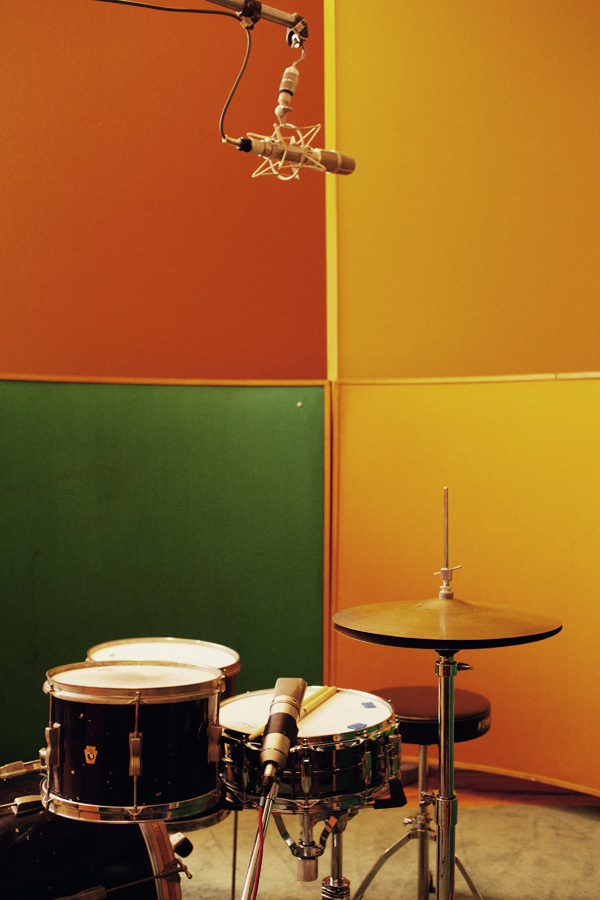
Within a couple of weeks, Skibbe and Ruffins secured a loan to build their dream studio and buy gear, the latter of which has been just as essential to Key Club’s sound and success. (With Skibbe’s custom shop in the building, Key Club is a gear-head’s paradise.) And, conveniently, the former sailor hotel also is where Skibbe and Ruffins call home, meaning that the couple can be productive at any hour.
“An odd thing about our arrangement,” Ruffins says, “is that this is our record collection; this is our personal life. So when people come to work with us, they are living with us too. It’s worth it, though. The record is worth it.”
“Record-wise, it’s really fun,” Skibbe adds. “You get to be creative whenever you want. There aren’t any boundaries. One of the reasons we built the studio and came out here is because when we worked at the studios in Chicago, it was always a struggle. You had to go home at the end of the night.”
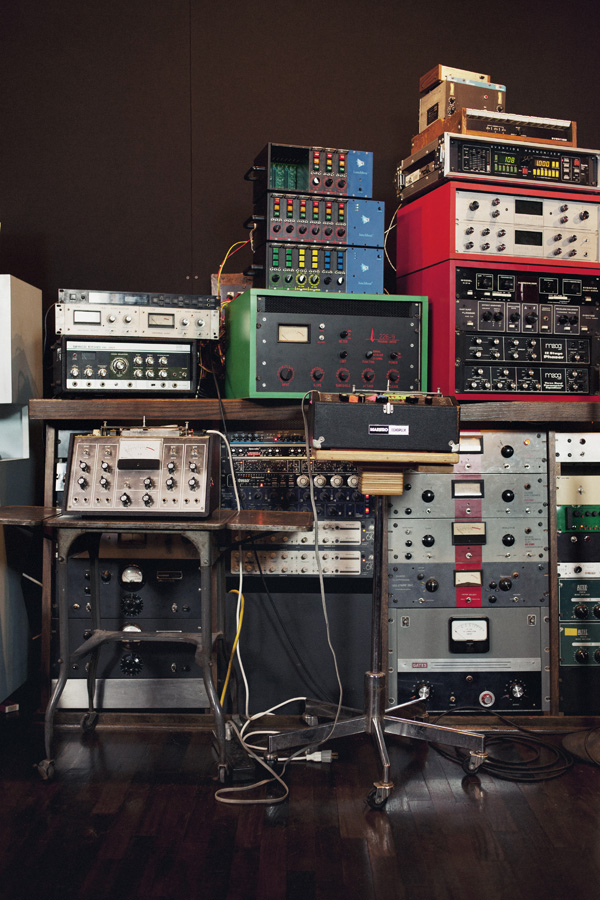
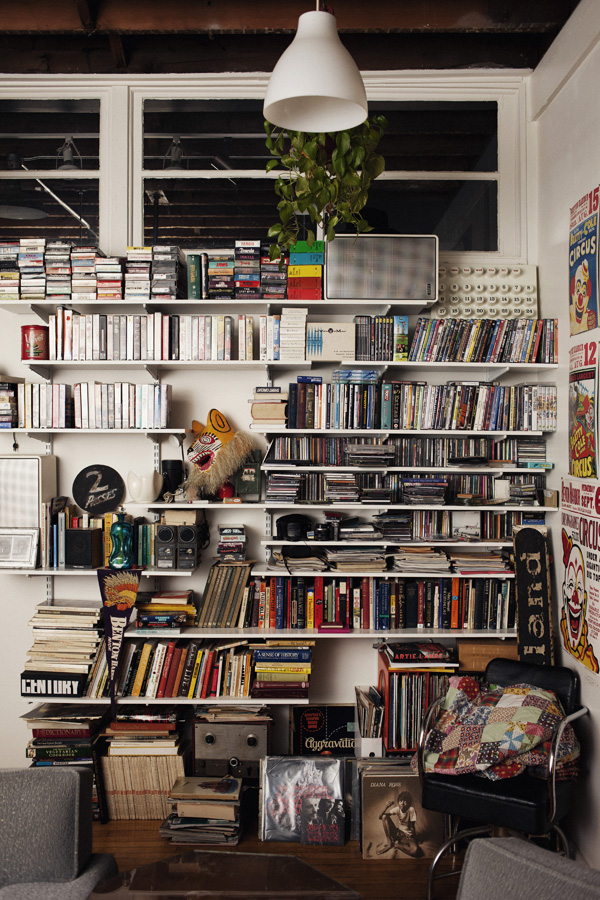
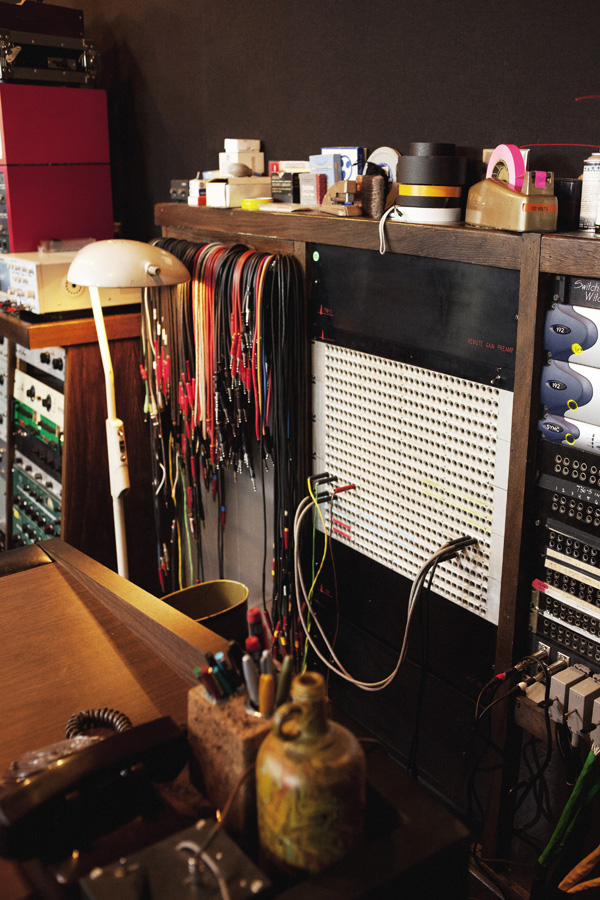

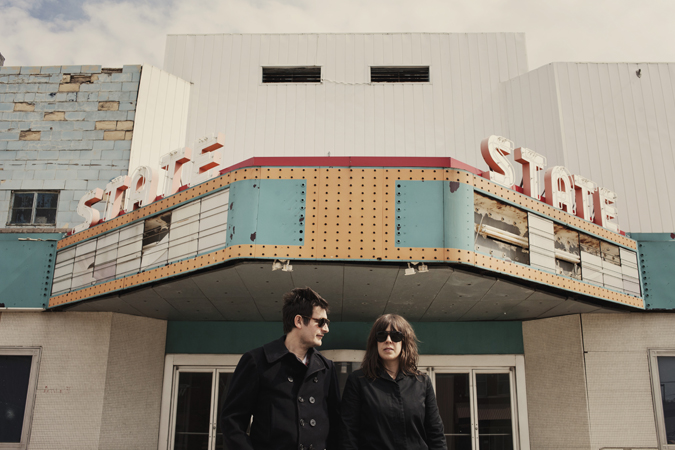
i remember going into the unicorn to hear live rock-n-roll after seeing “a hard days night” at the state theater, next door.
My dream!